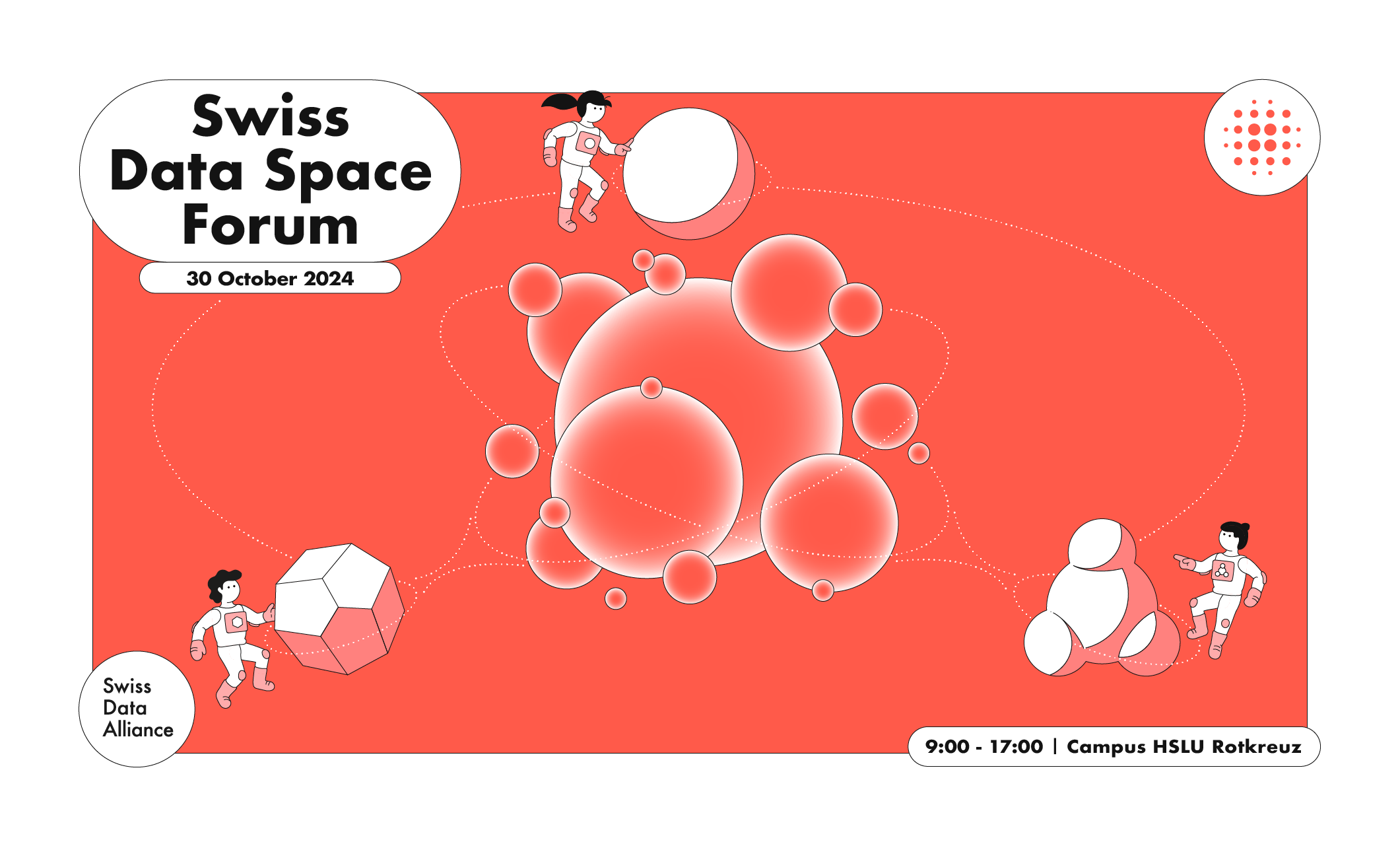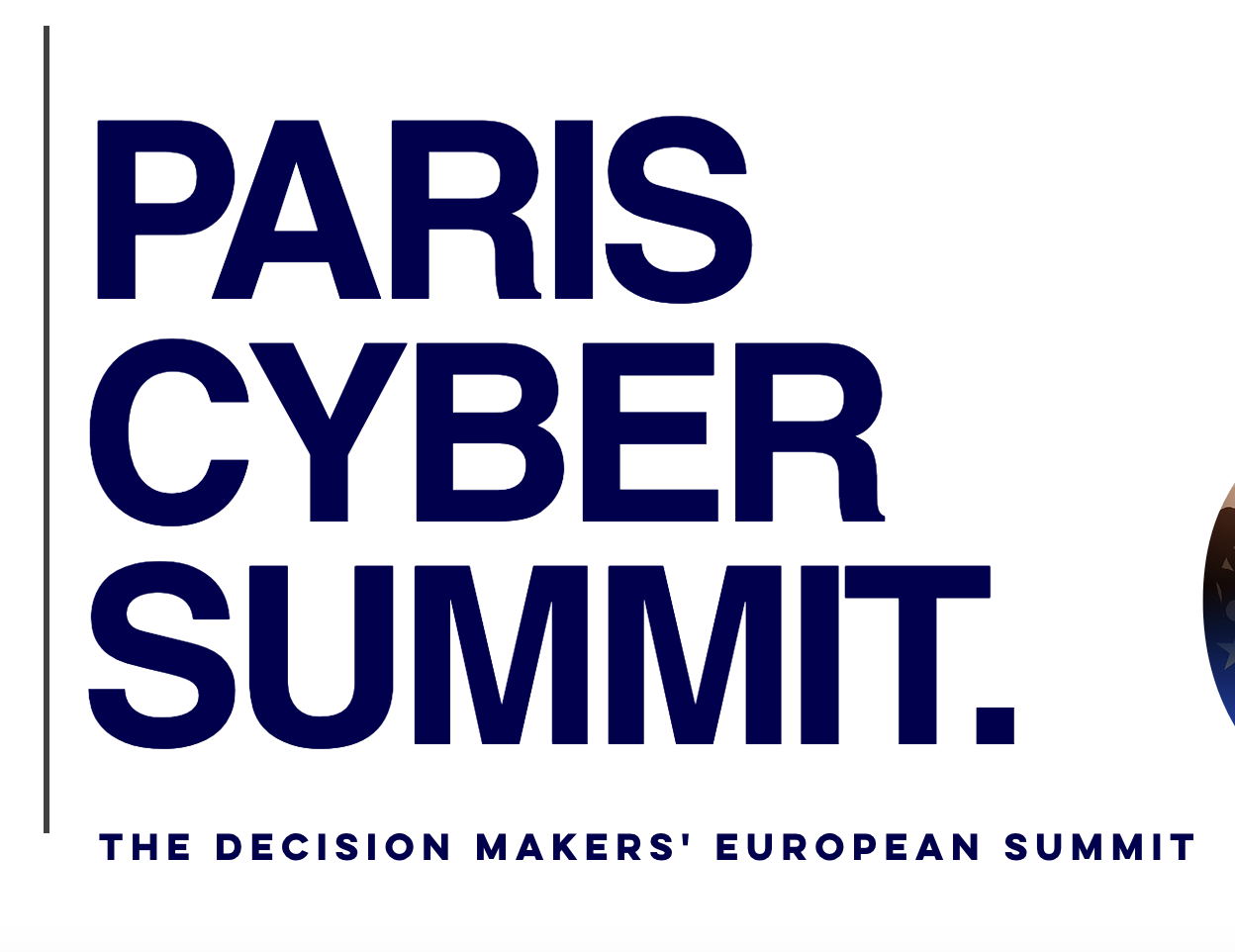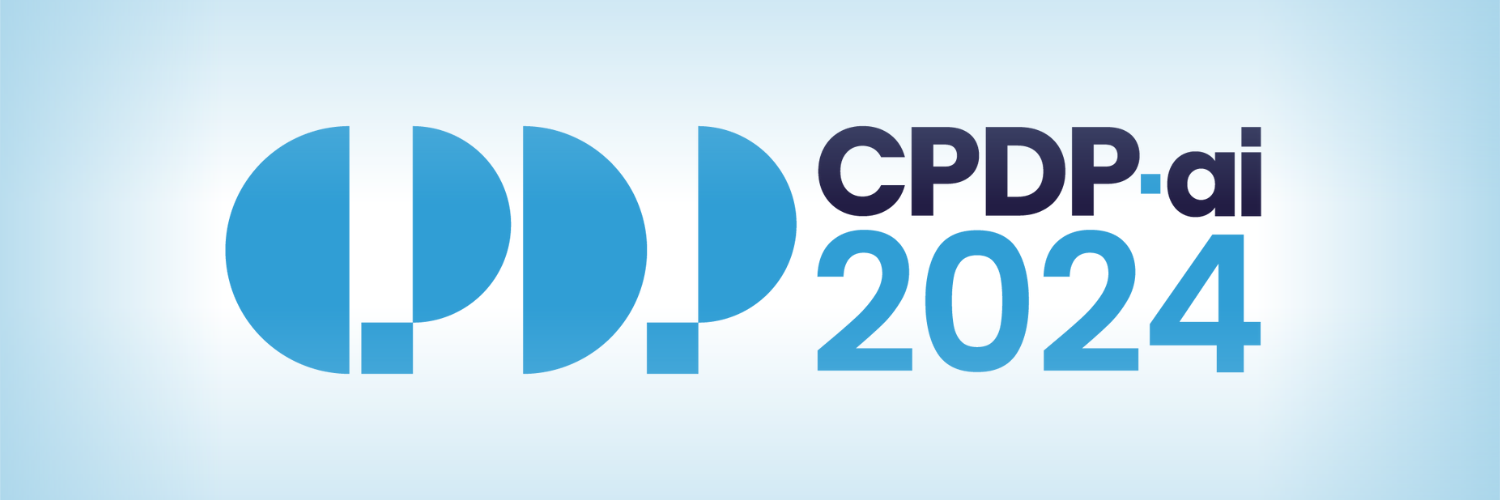This hack on U.S. wiretap systems illustrates the risks of creating backdoors meant only for ‘good guys.’ Similar concerns have been raised about the EU’s chat control legislation. Whatever weaknesses are designed to allow for ‘lawful interception’ also opens opportunities for ‘unlawful interception’, it is as simple as that.
Time to check your Linux servers again – ‘perfctl’ wants to install a cryptominer for Monero on your systems, add your server as a node to Tor, and some other nice things. It uses Apache RocketMQ as an entry point, but most probably this will be extended in the coming months. Stay safe out there!

TLS or Transport Layer Security is the cryptographic protocol that allows your internet connected devices to contact any website or any API or cloud service securely (over HTTPs). It adds privacy to your connection, by encrypting the transferred data, and more importantly helps your computer make sure that it’s talking to the right server, and (…)

Introduction Following on the heels of our conference on “Deepfakes, Distrust and Disinformation: The Impact of AI on Elections and Public Perception”, which was held on October 1st 2024, C4DT proposes to shift the spotlight to the strategic and operational implications of deepfakes and disinformation for organizations. We are hosting two distinct workshops tailored for (…)
Telegram is used for freedom of speech (resp. cybercrime, at a presumably smaller scale), as is TOR,and many of the privacy-preserving systems around us. Will the latter have the same fate as Telegram? or does the fact that they are “distributed” spare them? I’m curious how democracies can enforce law to systems distributed worldwide. Prohibit (…)
A good discussion on the reasons behind the regulatory fervor regarding AI which reveals that, at its core, it is a struggle for power—specifically, the power to determine the values, goals, and means that will eventually be enshrined in regional and international institutional settings governing AI.
This project addresses the growing need for a strategic policy approach to data and data spaces in Switzerland, especially as the EU is rapidly advancing in this field. Since 2023, the Federal Chancellery, particularly the DTI (Digital Transformation and ICT Steering), has been consolidating efforts towards the “Swiss Data Ecosystem.” The C4DT at EPFL supports these efforts, aiming to develop a foundational document for Swiss data policy, focusing on the state’s role in the data ecosystem. This document will be crafted in collaboration with key policy actors in Switzerland and will include practical recommendations for the Federal Council and Parliament.

C4DT held the second edition of the summit on August 28-30, 2024. Sixteen globally renowned centers for digital trust gathered in Glion (above Montreux), Switzerland to mutually discuss their respective missions, operations, and challenges. The Glion Summit continued in its aim of establishing a space in which academic centers for digital trust can engage in (…)
Modulation recognition state-of-the-art architectures use deep learning models. These models are vulnerable to adversarial perturbations, which are imperceptible additive noise crafted to induce misclassification, posing serious questions in terms of safety, security, or performance guarantees at large. One of the best ways to make the model robust is to use adversarial learning, in which the model is fine-tuned with these adversarial perturbations. However, this method has several drawbacks. It is computationally costly, has convergence instabilities and it does not protect against multiple types of corruptions at the same time. The objective of this project is to develop improved and effective adversarial training solutions that tackle these drawbacks.

The Swiss Data Space Forum is organised by the Swiss Datta Alliance. It aims to help participants connect with technical, legal and business pioneers from across the country!

Digitalization and the proliferation of service platforms are permeating all areas of our society, and the public service is not immune to this evolution. A policy paper from the EPFL Center for Digital Trust offers recommendations to maintain the quality of the Swiss public service.

In this fourth part of the blog series “Swiss e-ID journey”, we give an overview of the Self-Sovereign Identity (SSI) [10] landscape in CH, EU, and beyond. This allows the reader to put the current effort of the e-ID in context with international efforts in references and implementations regarding e-ID systems.

C4DT Demonstrator using the Swiss Public Sandbox Trust Infrastructure This is our third article about the Swiss e-ID Journey. An overview of the system can be found in our first article, Switzerland’s e-ID journey so far [1a], and an introduction to the first steps of using the sandbox [8] in our second article, The Swiss (…)

This full-day conference will explore the impact of gen AI on disinformation campaigns – specifically, deepfakes and disinformation created by gen A, but also the proliferation of disinformation through AI – and how such campaigns may impact elections outcomes (and trust in electoral systems). It is organized by the Center for Digital Trust (C4DT), EPFL in collaboration with EPFL’s AI Center and the Initiative for Media Innovation (IMI).

Investigative journalist Kashmir Hill traces the rise and consequences of facial-recognition company Clearview AI on the future of privacy.

In this fourth part of the blog series “Swiss e-ID journey”, we give an overview of the Self-Sovereign Identity (SSI) [10] landscape in CH, EU, and beyond. This allows the reader to put the current effort of the e-ID in context with international efforts in references and implementations regarding e-ID systems. You can read the (…)

C4DT Demonstrator using the Swiss Public Sandbox Trust Infrastructure This is our third article about the Swiss e-ID Journey. An overview of the system can be found in our first article, Switzerland’s e-ID journey so far [1a], and an introduction to the first steps of using the sandbox [8] in our second article, The Swiss (…)

The d-voting project from the DEDIS lab at EPFL is a decentralized voting system that leverages blockchain technology and cryptographic algorithms to ensure secure, transparent, and verifiable elections. By using a blockchain as the storage medium, the system allows multiple entities to oversee the election process and enables easy access for public verifiers to ensure (…)

October 1st, 2024, 09h30-17h30, SwissTech Convention Center, EPFL Introduction In 2024, more than 50 national elections are taking place or have already taken place across the globe, from Taiwan’s presidential elections in January, to India’s Lok Sabha election staged over seven phases from April to June, to the US presidential elections in November. Meanwhile, the (…)

A European summit to discuss how to build trust in cyberspace, encompassing topics like strategic autonomy and digital sovereignty. All this is to prospect a way in future scenarios of the cyber sector, while strengthening relations between various stakeholders, based on shared European values.

CPDP is a non-profit platform originally founded in 2007 by research groups from the Vrije Universiteit Brussel, the Université de Namur and Tilburg University. The platform was joined in the following years by the Institut National de Recherche en Informatique et en Automatique and the Fraunhofer Institut für System und Innovationsforschung and has now grown into a platform carried by 20 academic centers of excellence from the EU, the US and beyond.

The Swiss E-ID Journey This article is the second in a series of three articles which discusses C4DT’s experiences and takeaways testing the Swiss Confederation Public Sandbox Trust Infrastructure, hereafter abbreviated as “sandbox”. In the first article, we looked over all the components of the sandbox, and its setup. In this article we delve deeper (…)
May 28th, 2024, 09h15-12h00,EPFL by invitation only Introduction Ensuring the secure transmission and storage of vital data, imperative for societal, economic, and governmental functions, is a growing concern among politicians. The proliferation of cloud computing underscores the urgency of addressing this issue, making it a central focus in discussions on digitalization security. Acknowledging data’s central (…)













